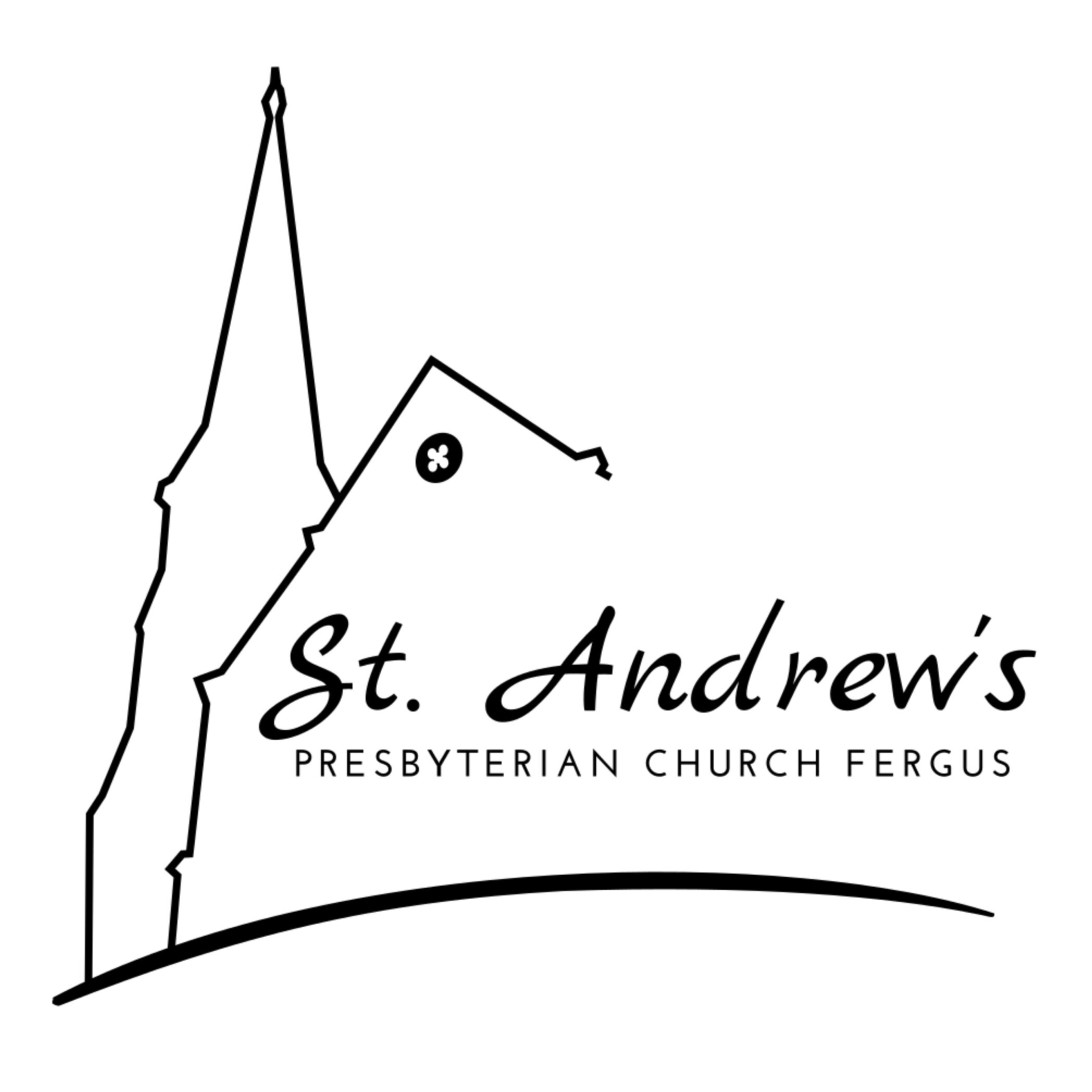Labour Day
Ecclesiastes 3:1-14
3 For everything there is a season, and a time for every matter under heaven:
2 a time to be born, and a time to die;
a time to plant, and a time to pluck up what is planted;
3 a time to kill, and a time to heal;
a time to break down, and a time to build up;
4 a time to weep, and a time to laugh;
a time to mourn, and a time to dance;
5 a time to throw away stones, and a time to gather stones together;
a time to embrace, and a time to refrain from embracing;
6 a time to seek, and a time to lose;
a time to keep, and a time to throw away;
7 a time to tear, and a time to sew;
a time to keep silence, and a time to speak;
8 a time to love, and a time to hate;
a time for war, and a time for peace.
9 What gain have the workers from their toil? 10 I have seen the business that God has given to everyone to be busy with. 11 He has made everything suitable for its time; moreover, he has put a sense of past and future into their minds, yet they cannot find out what God has done from the beginning to the end. 12 I know that there is nothing better for them than to be happy and enjoy themselves as long as they live; 13 moreover, it is God’s gift that all should eat and drink and take pleasure in all their toil. 14 I know that whatever God does endures for ever; nothing can be added to it, nor anything taken from it; God has done this, so that all should stand in awe before him.
This famous passage comes from one the most overlooked books in the Bible – Ecclesiastes. The book lays out a philosophy of life which challenges much of our contemporary society’s view of things. The passage before us is a prime example of that.
The rhythm of life laid out in vs. 2 to 8 points to the inevitability of things – we are born and we die – we have little control over either one. No matter how hard we work at it there comes a time in every garden when what was so carefully planted must be pulled up. Nothing human beings do will last forever, everything is limited by time and space. We live our lives and then we are gone – and soon forgotten. (Soon in the scope of time – who knows the names of their ancestors from 200 years ago.)
The limitations of human life mean we are aware that the past shapes us and that the future will catch us – but we can do nothing about either one. All we have is now – and in the now the writer gives the following advice for how to live: eat, drink, and enjoy one’s work (toil). These are, in fact, God’s gifts to us. To eat and to drink makes sense – they can give us pleasure, and the conversation and community that build around eating and drinking also bring enjoyment.
Our work (toil) is in fact a good thing, something in which we can take pleasure. This understanding is in radical opposition to much of the way society thinks – that work is to be avoided, and if people do work it is only as a necessary evil to earn money. Work here in Ecclesiastes is a gift from God and is to be enjoyed. Work, be it for pay or not for pay, is essential to a good life. God has given us the gift of work and the giftedness of work is one more reason to stand before him in awe.
PRAYER :
O Lord, you have made us to work. That is part of your plan for human beings. We thank you for the gift of work, cause us to live in joy as we take pleasure in our work. In Jesus’ name. Amen.
